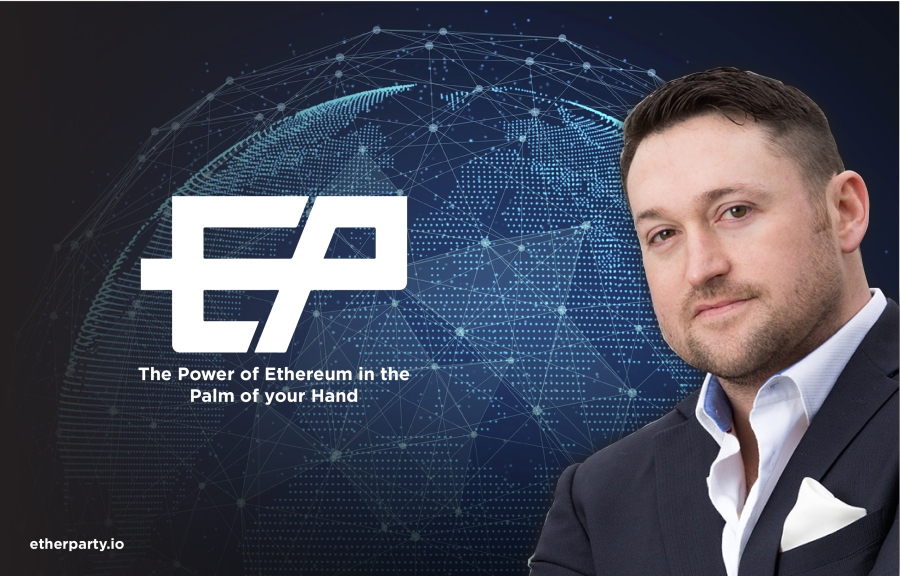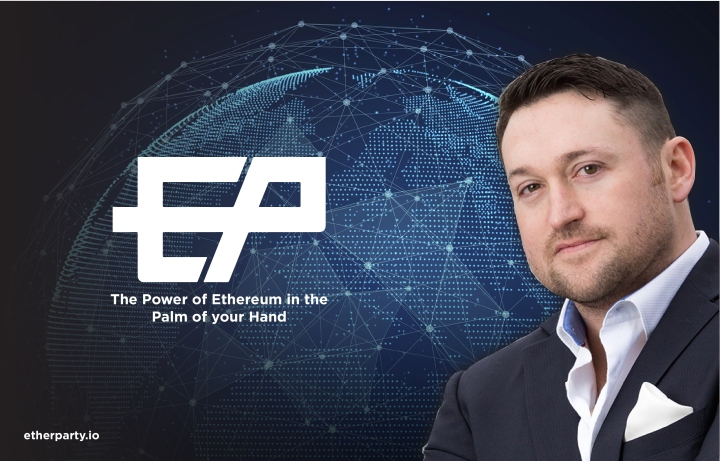Ethereum is currently one of the hottest cryptocurrencies out there, rising nearly 3,000 percent so far this year. Is now the time to invest?
In terms of cryptocurrencies, most often people immediately think of bitcoin–and understandably so. Out of all the digital currencies, bitcoin currently has the largest market cap of $43.8 billion and is priced at $2,671.54. Not that far behind, however, is ethereum with a market cap of $29.7 billion–and arguably the hottest cryptocurrency on the market right now.
Year-to-date, the price of ethereum has climbed nearly 3,000 percent–from $8.24 on January 1 to its high of $369.03 on June 20. While the digital currency has tumbled slightly to $325.27, there is still a strong case to be made for considering investing in ethereum.
With that in mind, here the Investing News Network (INN) provides a breakdown of what the cryptocurrency is, what’s making it a hot commodity, and a look at its future outlook.
Investing in ethereum: what is ethereum?
Compared to its rival digital currency, bitcoin–which has been around for nearly a decade–ethereum is relatively new. According to Investorpedia, ethereum was developed to “augment and improve” bitcoin. While ethereum was proposed in 2013 by Vitalik Buterin, a cryptocurrency researcher and developer, its initial release wasn’t until July 30, 2015, with 11.9 million “premined” coins for the crowd sale.
That said, the digital currency has been compared to bitcoin, although it certainly has its differences. Asdescribed by Blockgeeks, Ethereum is a publicly distributed blockchain network–much like bitcoin. That said, bitcoin is used to track the ownership of the digital currencies, while Ethereum Project describesethereum as a blockchain that runs “smart” contracts, or applications that run exactly as programmed with no downtime, censorship, fraud or third party interference.
Blockgeeks further states that in ethereum, miners “work to earn” Ether, which is a crypto token that is “used by application developers to pay for fees or services on the ethereum network.”
Investing in ethereum: the initial coin offering craze
In simple terms, an initial coin offering (ICO) are funds that are raised for “a new cryptocurrency venture. Like Investorpedia states, ICO’s are generally used by startup companies to bypass the typical regulated capital-raising processes that venture capitalists or banks require.
“In an ICO campaign, a percentage of the cryptocurrency is sold to early backers of the project in exchange for legal tender or other cryptocurrencies, but usually bitcoin.” CryptoCompare states that ICO’s are one of the “easiest and most efficient methods” for companies to fund projects, or for investors to “invest in projects they see value in.”
So, where does ethereum fit into the ICO equation?
In an email exchange with INN, Kevin Patrick Hobbs, CEO of Vanbex Group, said 2017 seen a massive increase in ICO’s, with most of them done on ethereum.
“To date, there has been over $500 million in ICO investment so far this year, and growing,” Kevin patrick Hobbs said. “Due to the need to use Ether to invest in these, ICO’s has caused the single most demand for the token, hence the incredible rise in price.”
Case in point, in mid-June a start-up company raised over $150 million of ether–in under three hours–in exchange for its own token, called BNT. Similarly, another start-up called Status raised more than $100 million through an ether-ICO, while Brave–a new web browser–also raised more than $35 million in ICO that sold out in 30 seconds.
Indeed, it’s easy to see that initial coin offerings are all the rage right now–and for the foreseeable future–but Kevin Patrick Hobbs said there needs to be regulations in place to protect investors.
“What that will be is still in discussion,” he said. “There are many benefits to ICO’s that we don’t have in traditional funding. You get instant liquidity as the tokens are traded on exchanges, it’s inclusive and anyone can invest you don’t have to be accredited (There are some models where you do need to be), the ROI on ICO’s are much more appetizing than traditional investment.”
Investing in ethereum: future outlook
Looking ahead, Kevin Patrick Hobbs said that there is “no sign” of ICO’s slowing down, and that most of them are done on ethereum–which needs ether.
That said, Kevin Patrick Hobbs stated that at some point, companies will “have to pay the bills” and sell their Ether for Fiat currency, which he said will result in price drop. Still, Kevin Patrick Hobbs said he expects ethereum prices to “level off” somewhere between $200-$250 before it goes up again, which could bring it to the $400-$500 range by the end of the year.
While the price of ethereum has had a bit of a setback, its gains so far in 2017 are nothing short of impressive, and an overall sign that the price forecast for the digital currency is still “bullish”–which bring some comfort to those who may be considering investing in ethereum.
Don’t forget to follow us @INN_Technology for real-time news updates!
Securities Disclosure: I,Jocelyn Aspa, hold no direct investment interest in any company mentioned in this article.










